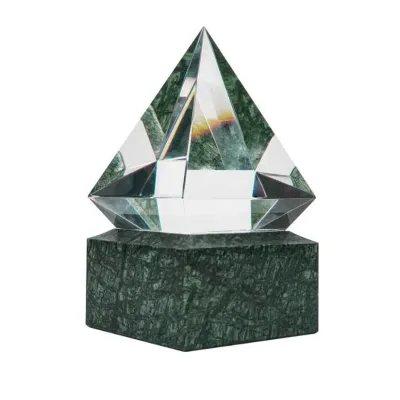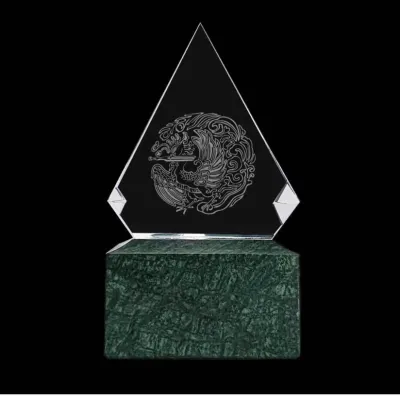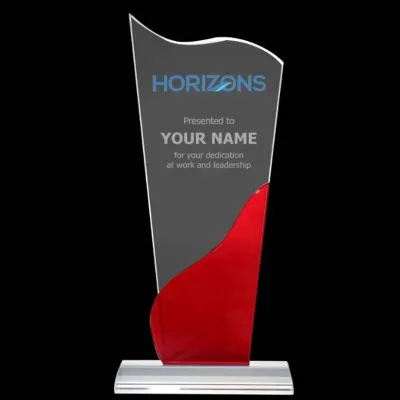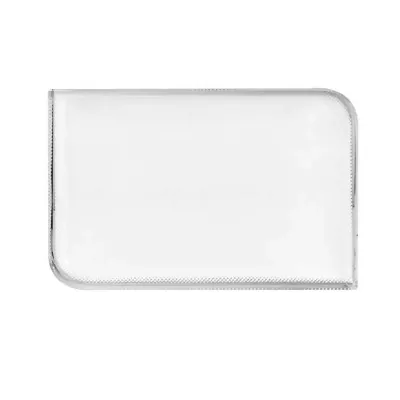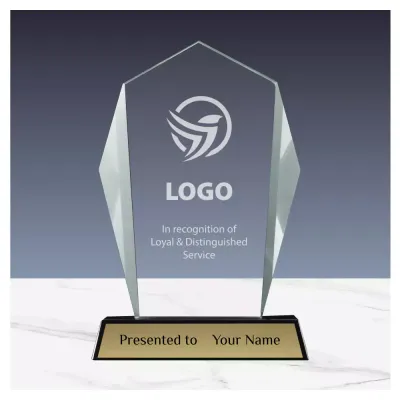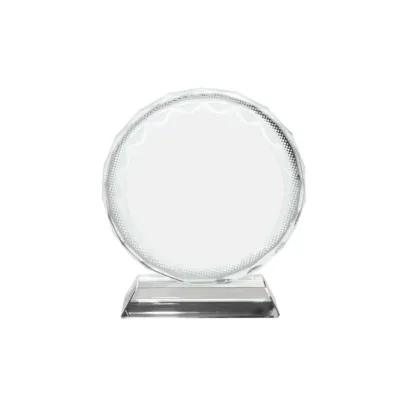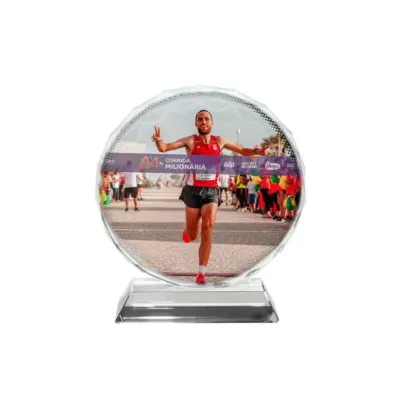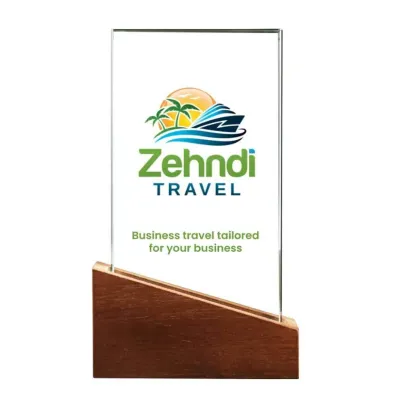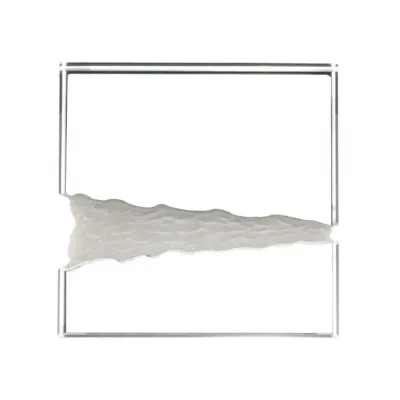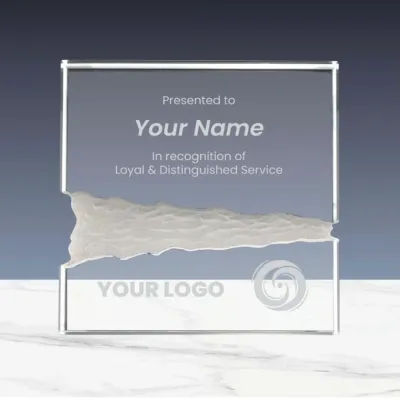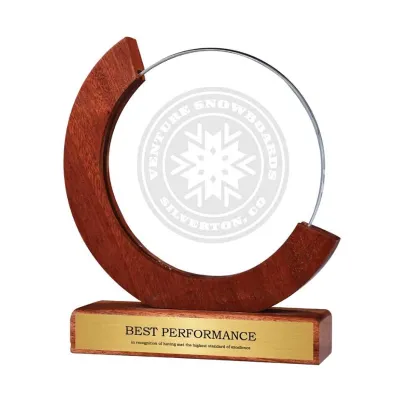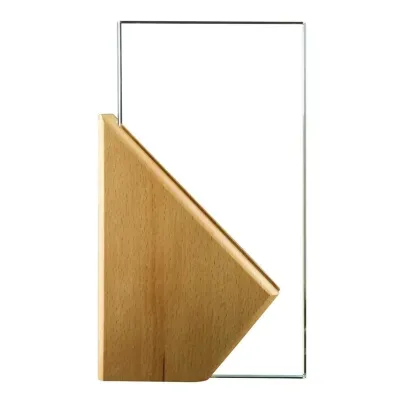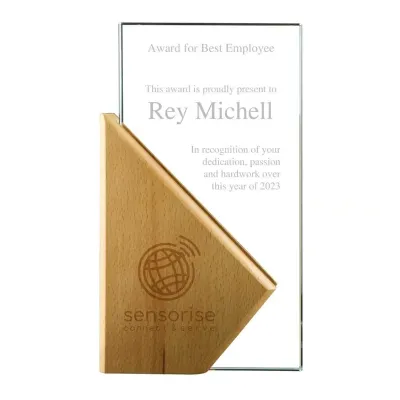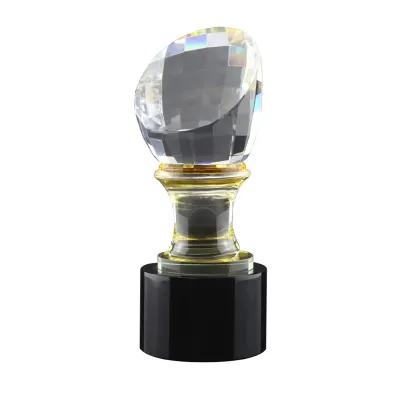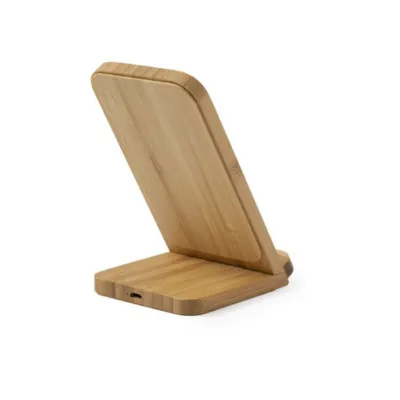Understanding PET in Corporate Gifts- Safety, Types
Understanding PET and Its Importance in Corporate Gifts
Introduction
Polyethylene terephthalate (PET) is a widely used thermoplastic polymer that has become a staple in various industries, including the production of corporate gifts. PET’s versatility and cost-effectiveness make it a popular choice for manufacturers. However, its usage in corporate gifts has raised concerns due to potential health implications. This article explores the types of PET, its applications, and why understanding PET is crucial when selecting corporate gifts. We’ll also discuss the impact of PET on the end user and the importance of making informed choices for the well-being of recipients. Elzit, a leading supplier of corporate gifts, is dedicated to raising awareness about the potential risks associated with PET and ensuring that their products meet high standards of safety and quality.
What is PET?
Polyethylene terephthalate (PET) is a type of polyester, a synthetic polymer made through a chemical reaction between ethylene glycol and terephthalic acid. PET is known for its strength, clarity, and resistance to impact, making it a favored material in various applications.
Types of PET
-
Clear PET: Often used for beverage bottles and clear packaging, this type of PET is known for its transparency and strength. It is commonly used in consumer goods, including corporate gifts like water bottles and custom tumblers.
-
Opaque PET: This variation is less transparent and is used for items requiring a colored or matte finish. It is utilized in products such as travel mugs, stationery items, and some types of gift packaging.
-
Recycled PET (rPET): Made from post-consumer PET products, rPET is an environmentally friendly option that maintains the qualities of virgin PET while reducing environmental impact. Recycled PET is increasingly used in eco-friendly corporate gifts, like recycled fabric bags and sustainable drinkware.
-
PET 1: This grade of PET is commonly used in the production of beverage bottles and food containers due to its safety and clarity. It is also widely recyclable.
-
PET 2: Known for its higher resistance to heat and chemicals, PET 2 is used in applications where durability is crucial, such as in certain types of food packaging and high-performance bottles.
-
PET 3: This type has enhanced properties for impact resistance and is used in products requiring additional durability, like certain promotional items and specialized containers.
-
PET 4: With a focus on improved flexibility and transparency, PET 4 is used in applications where clear visibility of contents is important, including various gift packaging solutions.
Why is PET Used in Corporate Gifts?
-
Cost-Effectiveness: PET is relatively inexpensive to produce compared to other materials. This cost advantage is often passed on to consumers, making PET an attractive option for companies looking to reduce expenses.
-
Durability and Safety: PET is known for its durability and resistance to breakage, which is why it’s commonly used for products like water bottles and promotional drinkware. It is also resistant to many chemicals, making it suitable for various environments.
-
Versatility: PET can be easily molded into different shapes and sizes, allowing manufacturers to create a wide range of corporate gifts, from custom water bottles and travel mugs to branded keychains and office supplies.
-
Recyclability: PET is recyclable, which aligns with increasing corporate responsibility toward environmental sustainability. Recycled PET products are often marketed as eco-friendly options, appealing to environmentally conscious consumers.
The Hidden Risks of PET
Despite its advantages, PET has been criticized for potential health risks, especially when used in consumer products. Here are some concerns associated with PET:
-
Chemical Leaching: Under certain conditions, PET can release harmful substances, such as antimony, into food or drink. This risk increases with prolonged exposure to heat or sunlight, potentially affecting the safety of products like water bottles.
-
Microplastics: As PET breaks down over time, it can contribute to microplastic pollution. When PET products are not properly disposed of, they may degrade into tiny plastic particles that can enter the food chain and pose environmental and health risks.
-
Additives and Contaminants: Some PET products may contain additives or contaminants that could be harmful if ingested or inhaled. This is particularly concerning for products that come into direct contact with food or beverages.
Why You Should Know About PET When Buying Corporate Gifts
-
Health Considerations: Understanding the type of PET used in corporate gifts helps ensure that the products you give do not pose health risks to the recipients. Opting for high-quality, food-grade PET or recycled PET can minimize potential hazards.
-
Consumer Trust: When companies prioritize the safety and quality of their corporate gifts, they demonstrate a commitment to their clients' well-being. This consideration can enhance your company’s reputation and build trust with your recipients.
-
Environmental Impact: Being aware of the environmental implications of PET usage allows you to make more sustainable choices. Selecting products made from recycled PET or those that are fully recyclable can align with corporate social responsibility goals and appeal to eco-conscious consumers.
-
Quality Assurance: By choosing corporate gifts made from high-quality PET, you ensure that the items are durable and perform well. This not only reflects positively on your company but also ensures that your gifts are appreciated and used effectively by the recipients.
Elzit’s Commitment to PET Awareness
At Elzit, we are committed to raising awareness about the potential risks associated with PET and ensuring that our corporate gifts meet the highest standards of safety and quality. We carefully select PET materials and prioritize products that are safe, environmentally friendly, and suitable for our clients' needs.
Conclusion
PET is a versatile and cost-effective material used in many corporate gifts, but its potential health and environmental risks cannot be ignored. By understanding the types of PET and their implications, you can make informed decisions that prioritize the safety and well-being of your gift recipients. Opting for high-quality, safe, and environmentally friendly PET products demonstrates a commitment to excellence and care, enhancing the overall impact of your corporate gifts. Remember, the choice of materials not only affects the recipient’s experience but also reflects on your company’s values and responsibility.

